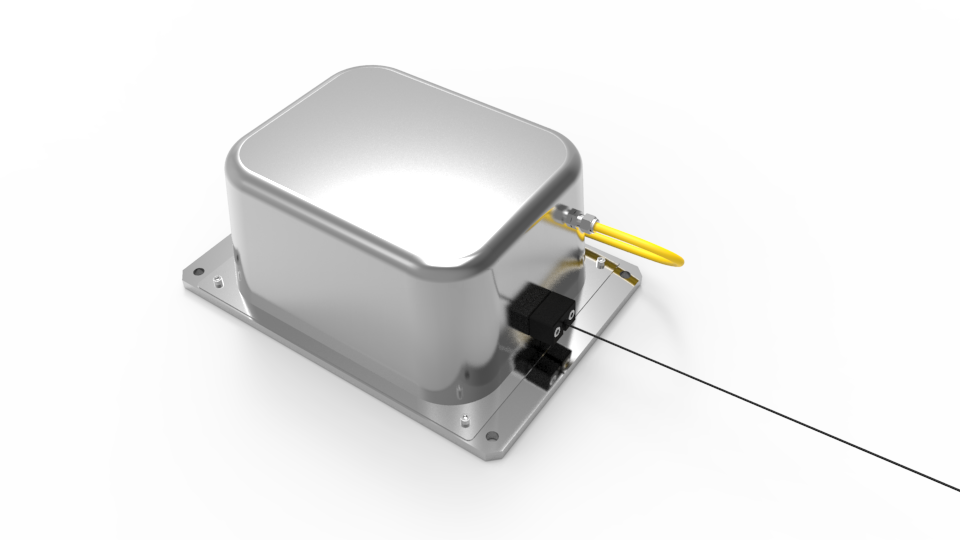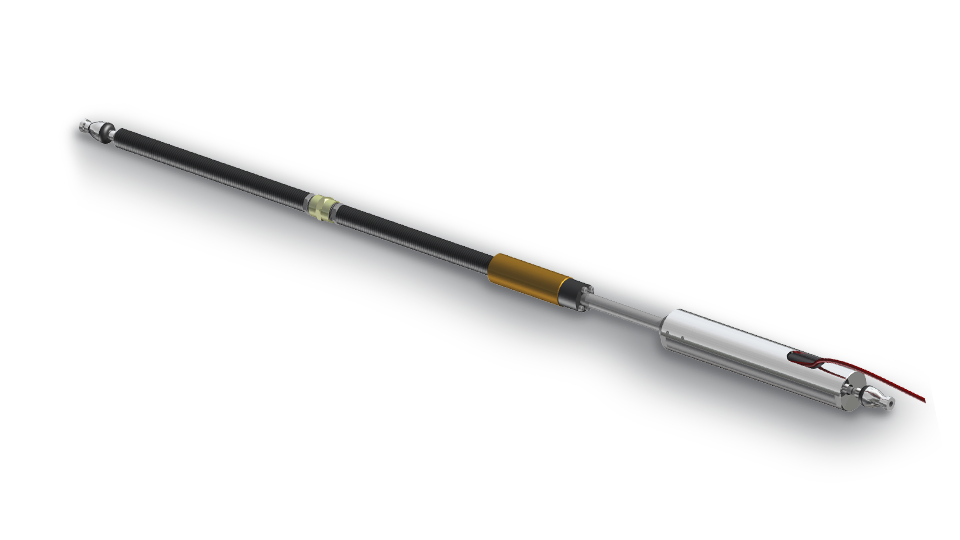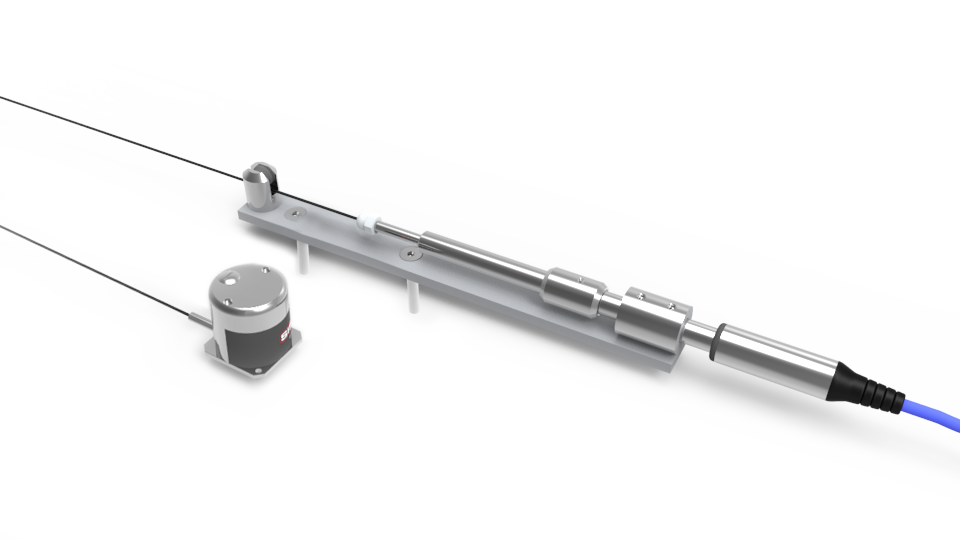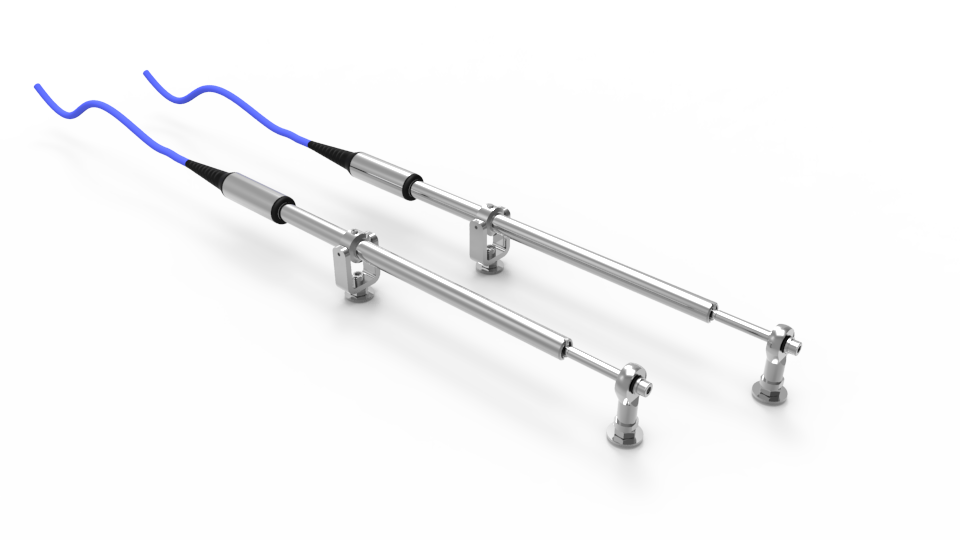Wire Crackmeters








Wire crackmeter allows to monitor the changes in the distance between two anchor points located up to 30 m apart.
Typical applications include measurements of large displacement associated with landslides, monitoring of rock-masses, mansonry cracks and surveying of earth faults.
The wire crackmeter consists of a stainless steel transducer box which includes the rotary electronic sensor with a wire tensioning device having 2 meter stroke. Transducer box is supplied with a galvanised steel fixing plate. The target is an eyebolt expansion anchor.
A linear potentiometer is a device with a movable slider, usually called wiper, that makes electrical contact along a fixed resistance strip. A regulated DC voltage is applied to the two ends of the resistance strip: the voltage between one end of the strip and the contact point of wiper and strip is measured as the output signal.
Sisgeo instruments that utilize linear the linear potentiometer technology have often a 4-20mA output because electrical (Ampere) signals are more suitable for long distance transmission than tension (Volt) signal.
Readable by
Questions
about this
product?
about this
product?
Datasheet
Manual
Data processing
Faq
Questions
about this
product?
about this
product?
Datasheet
Manual
Data processing
Faq













